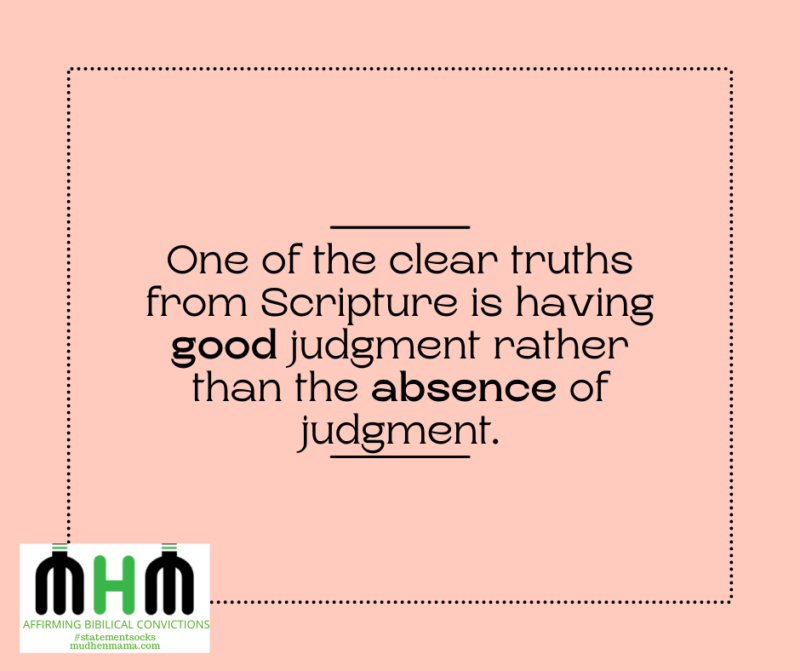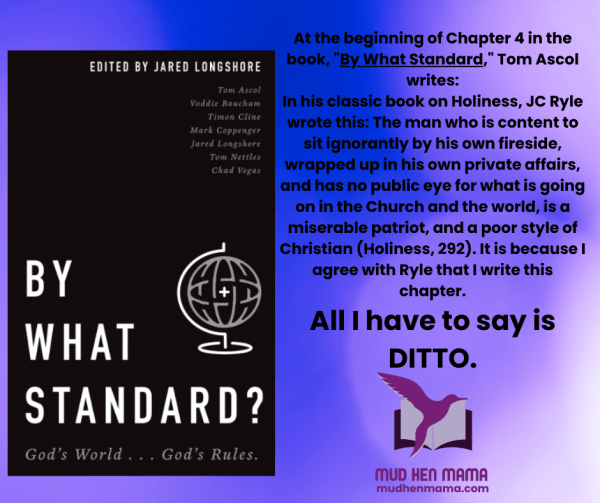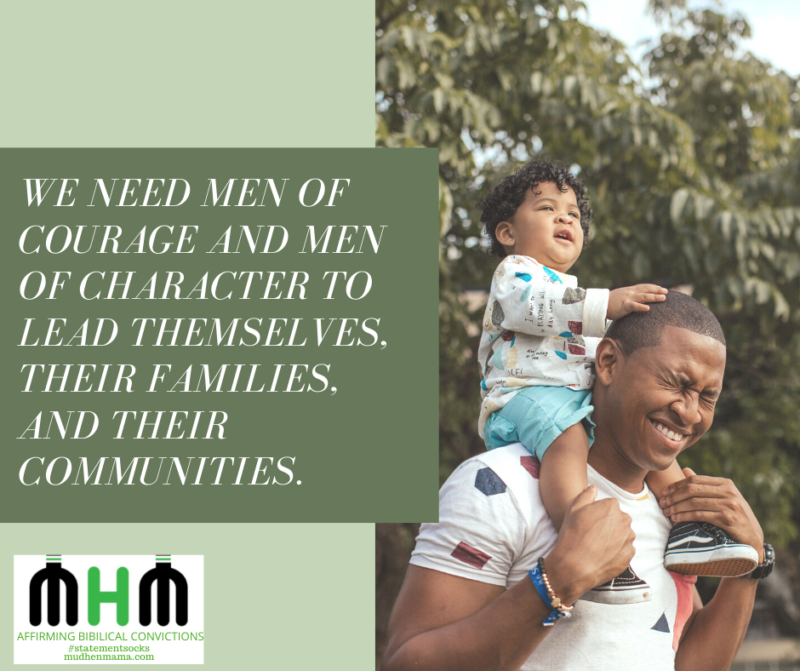
Most people in our culture are not delving into their bibles on a regular basis. However, those same people can recite without any problem Matthew 7:1: Judge not lest ye be judged (old English and all!). That verse has to be the most used but misunderstood verse in the bible right now. Why, you may ask? Because it has been lifted off the pages of Scripture without any kind of context.
Can Scripture be interpreted any way we want?
Of course, the argument is that any verse of Scripture can be interpreted any way you want, so why should it matter? However, this argument is clearly coming from those who have never bothered to study the Word of God. To be fair, there are several verses that can be interpreted in a couple of different ways. Thus, why we have so many denominations. But on the whole, traditional Christianity agrees on the foundational Truths of Scripture. And one of those clear truths would be, for example, having good judgment rather than the absence of judgment.
The implication of those who have lifted this verse out of context is that, essentially, anything goes and you can’t say otherwise. What’s good for me may not be good for you, but who cares! You can’t tell me one way or the other. (AKA: moral relativism). What’s so ironic is that the big proponents of relativism are the most judgmental people you will ever meet. All is fine and well until someone says, “I don’t agree with you. You are wrong.” Then fiery words of judgment will rain down all over your head. Contemporary culture does not believe in objective truth, and therefore it’s never OK to tell someone they’re wrong. To many, there is no such thing as wrong, only different choices.
Biblical convictions
Sounds good on the surface, until you have any kind of Biblical convictions. One great example is the definition of marriage. Everyone is fine with “you do you” except when your definition of marriage is defined biblically. Then you’re a bigot and insensitive. As Voddie Baucham has said (and I’m paraphrasing), those that claim to be tolerant won’t accept my intolerance. In other words, they claim not to judge anyone. However, when they are contradicted, their hateful words express otherwise. And that judgment is oftentimes accompanied by a complete relational cancelation and/or public shaming.
This is the crazy world we find ourselves living in, where people are afraid of openly using their judgment. This is not only insane by its own merits (or lack thereof), but Christ clearly did not advocate not using our judgment in various situations. Rather, He encouraged us to have discernment with humility and love.
Having good judgment
In Matthew 7, Christ talked about how we must be sure that before we judge, we first humbly examine ourselves and see if we may have a similar sin issue (i.e. log in our eye) and take care of that. THEN we may go and fish out the speck in our brother’s eye. It’s interesting to me that Jesus did not refer to wiping the smudge off of someone’s face or leg, but instead, taking a speck out of someone’s eye. Our eyes are extremely sensitive. We wouldn’t use a jackhammer or even an abrasive cloth to get that speck out, right? The implication is that we would instead lovingly and carefully remove the speck (1 Cor. 13:1-3), graciously treating them as we would like to be treated.
Agreeing with God’s Word
Further, going back to the concept of moral relativism, I love how “Got Questions” puts it: “…the Bible’s command that we not judge others does not mean all actions are equally moral or that truth is relative.” When someone defies the Word of God by, for example, murdering someone, we are judging them by saying it was wrong. But in essence, by saying it was wrong, we are agreeing with God and His Word. This should not be about our own opinion or the fickle cultural narrative of the day. It has everything to do with the opinion of God. God’s Word was true yesterday, is true today, and will always be true (Psalm 33:11; Isaiah 40:8; Matt 24:35).
Of course, in our quest to honor the LORD, we may be clumsy about it and/or self-righteous. We are all very capable of judging too harshly (Matt 7:2), or judging from wrong motives (Luke 7:36-50), or judging too quickly (Prov. 25:8). These are all wrong and are spoken against in Scripture. But when we are agreeing with God’s Word about sin, that is never wrong.
Fear God
We must stop fearing man and drawing his ire. All of us (including me, LORD help me!) must remember to be more afraid of dishonoring God and not doing our due diligence of being salt and light in this world. Agreeing with God and His Word is of utmostimportance. When it comes to our opinions, that’s one thing. But when it comes to Truth and not living by lies, we need to be courageous and shine light, even when it may not be appreciated or wanted. How it’s received is not our concern. As long as we speak in love, we must choose to speak Truth.
This world is in dire need of truth-tellers.











